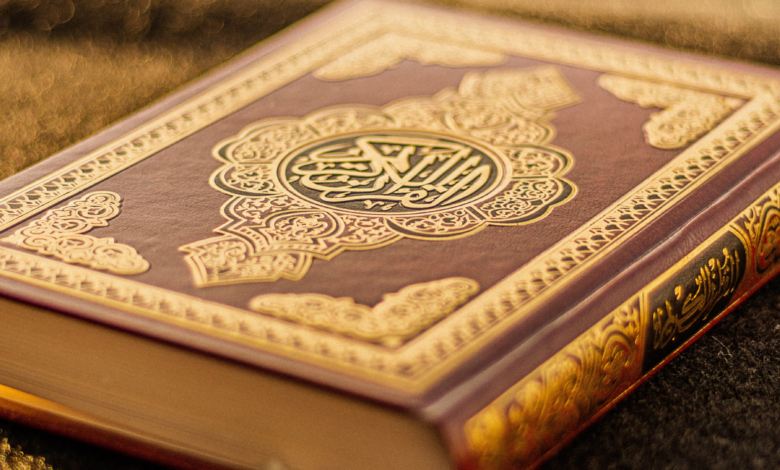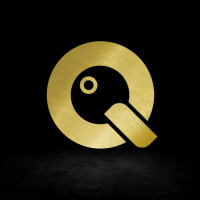DO Arabs EFFECTIVELY understand the Quran?, Classical and Modern Arabic

DO Arabs effectively understand the Quran?
DO Arabs effectively understand the Quran? This question arises in the minds of non-Arabic people while learning the Quran, many people believe that because the Quran is in Arabic, it will be easy to understand for Arabs, and some use this as an excuse not to read the Quran. So in this article, I will clear up this misconception, Do Arabs effectively understand the Quran?
In short, most Arabs do not understand the Quran. One person who can speak Arabic does not necessarily understand the Quran. Understanding the Quran does not mean reading the Quran. It is more than that. To understand the Quran, one must have an excellent history, traditions, and religious knowledge. Undoubtedly, Arabs can read the Quran easily as it is their native language, but they cannot understand the meaning of the Quran. The Quran is an influential and excellent book. One of his verses has a deep sense. Translating his verses is difficult, but understanding the depth of translation and what is being said in it is even more difficult.
There are a lot of examples from history. During the time of the Prophet (peace be upon him), many Arabs used to ask about the meaning of many words, even if they were experts, and the Prophet (peace be upon him) used to explain them. We will discuss here some reasons why Arabs do not understand Quran.
Classical and Modern Arabic
Arabic is one of the world’s major languages. It has been declared one of the six languages of the United States. Arabic Today consists of two parts Classical and Modern Arabic.
The Quranic language (in which the Quran is written) is called classical Arabic, and modern-age Arabic is called modern standard Arabic. The Arabic language progressed and underwent numerous periods of development. The classical Arabic version was used for writing and official purposes from the 7th to the 18th century; in the 19th and 20th centuries, Arabic entered its modern age.
Now in most Arabic-speaking countries, all Education, Written books are in the modern Arabic language. Even the media and government also use the current language.
Both languages classical and Modern Arabic similar in sentence structure, but there is a slight difference between modern Arabic and classical Arabic in vocabulary and pronunciation. Many classical Arabic words are no longer used, if at all; their meaning has changed.
So while reading the Quran, they have difficulty understanding some verses’ meanings. So to understand the Quran, they have to study the interpretation of old and modern scholars. Many people in the Arab understand classical Arabic, but understanding the Quran is challenging.
Different Vocabulary
Arabs use different vocabulary in their daily lives. This vocabulary includes several new words. With the development of modern Arabic, many new comments have been added to their vocabulary.
Different Dialects in Arab
Mostly Arabic people do not use standard Arabic in daily life but use the traditional dialects of their respective regions, which differ from each other. For example, there is a considerable difference between Egypt Arabic and Yemen Arabic. There are many Arabic Slavic words they use that we do not find in Arabic, so they usually hire a teacher to help them understand the Quran. They also learned Arabic in schools and consulted dictionaries to see the meaning of Arabic words.
Conclusion:
To learn and understand the Quran, it is not necessary to be Arab. You can learn the Quran in any part of your life, even in middle age or at 40 Learning Quran Is Easy Regardless Of Age or Conditions. Understanding the words of the Quran makes it simpler to put them into practice in daily life. When you comprehend it, you are establishing a direct line of communication with Allah, and if you do not understand the Quran, then you cannot learn the lesson of the surah and verses Allah gives.



